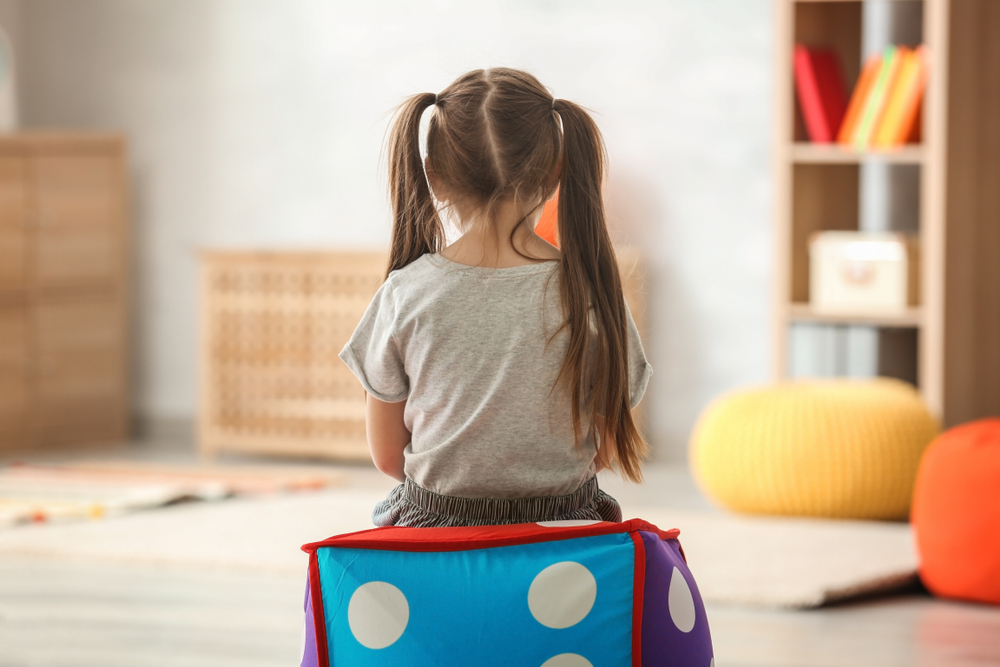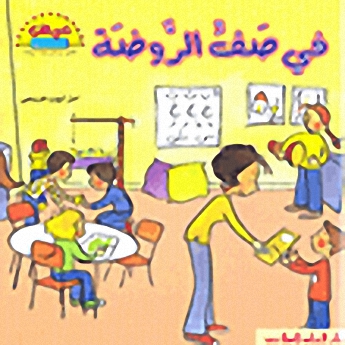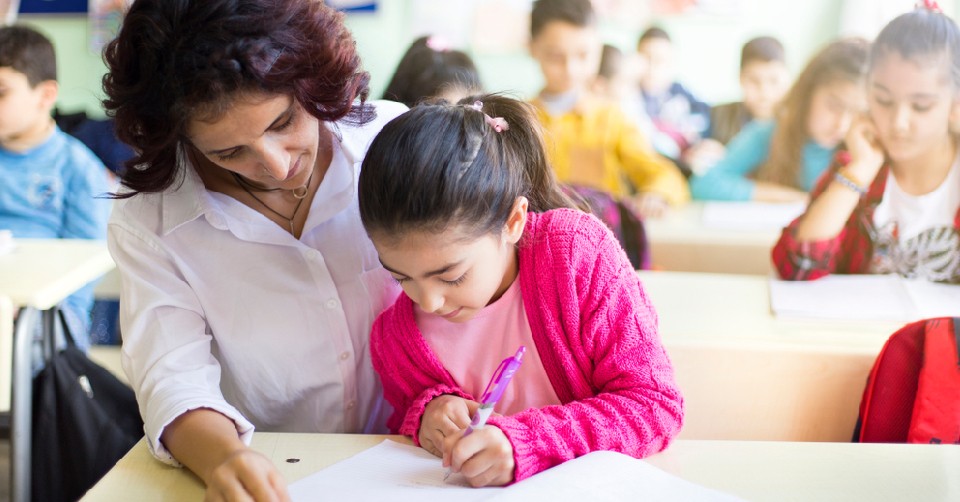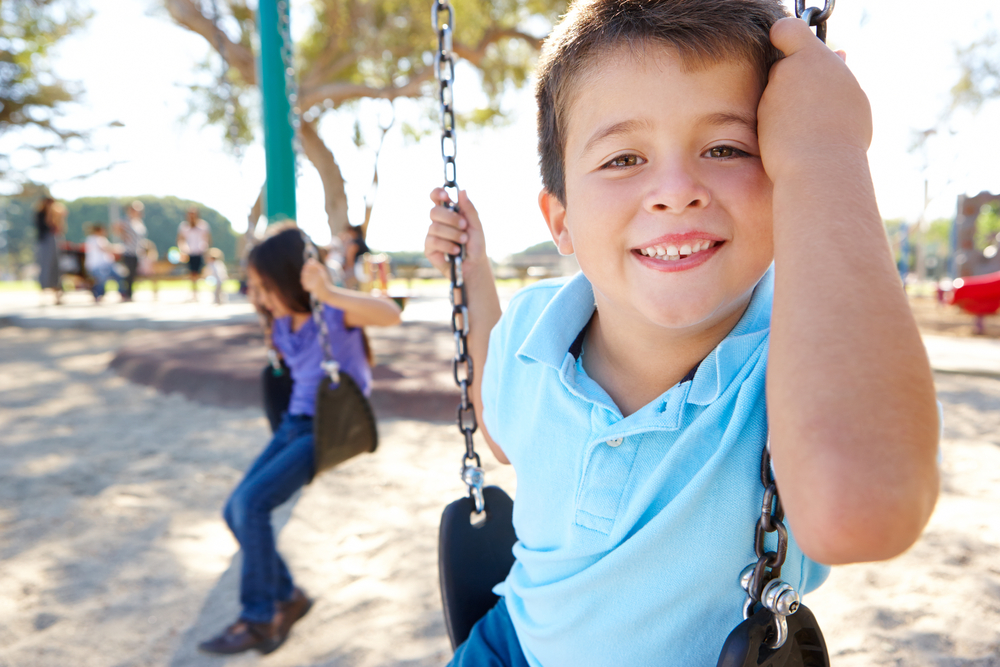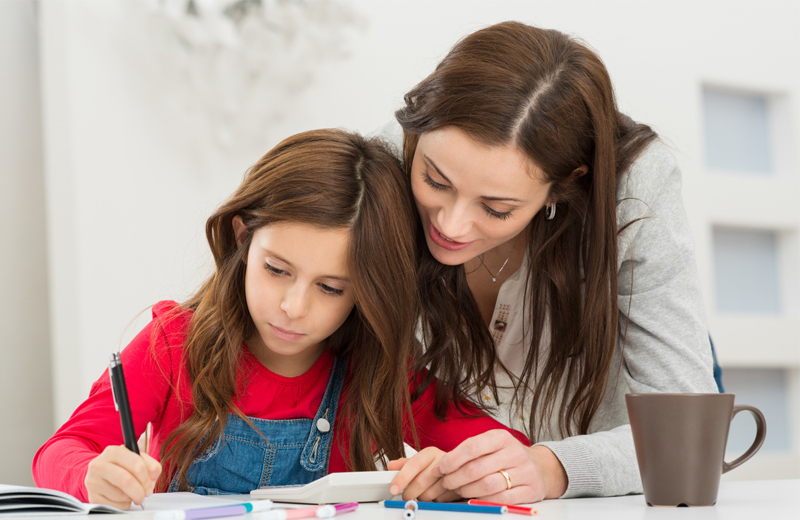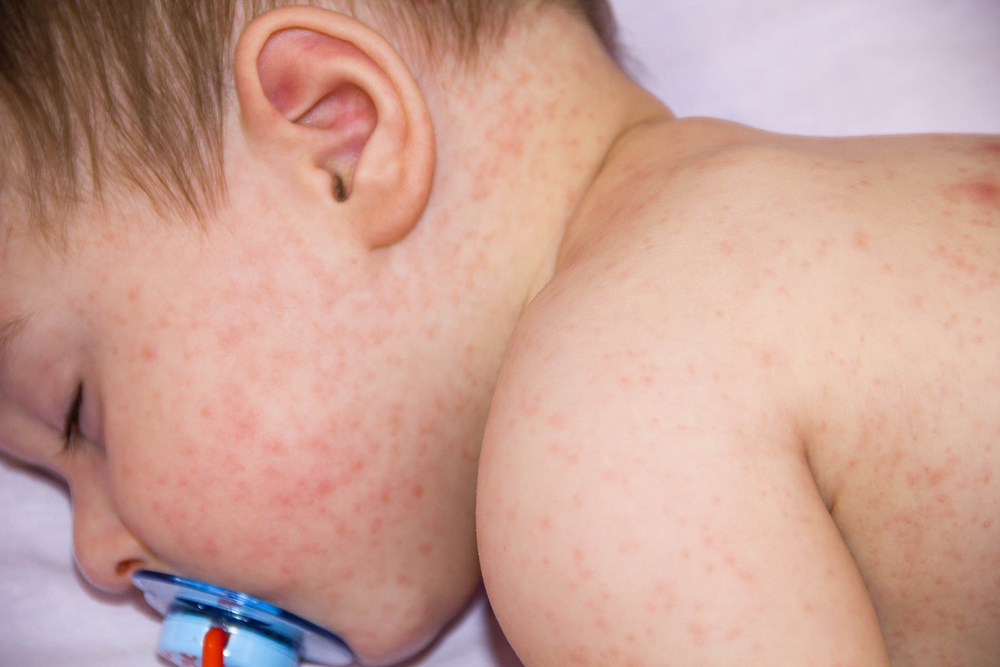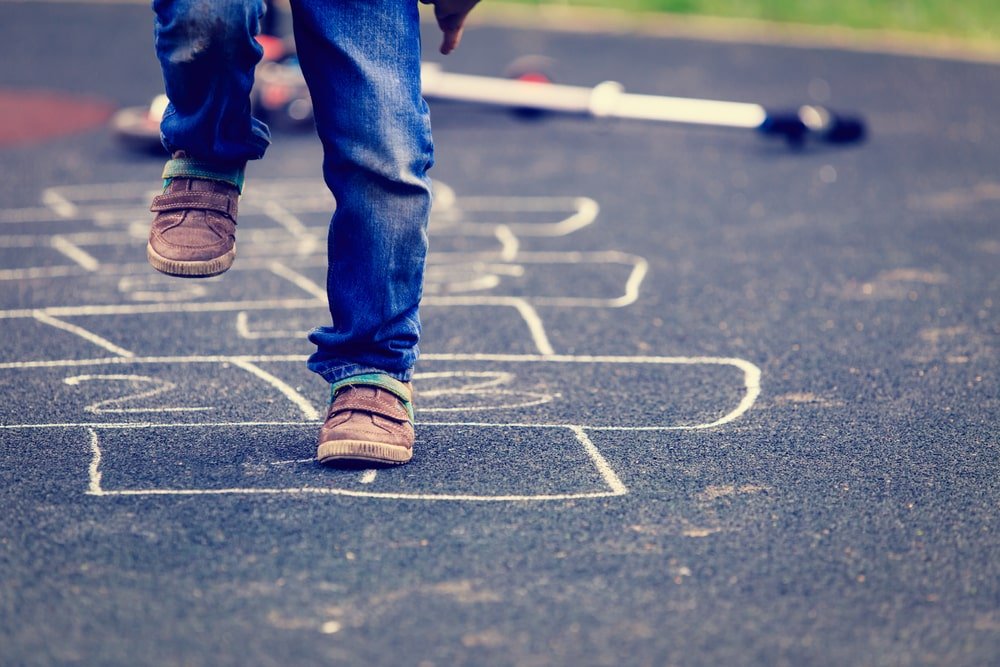Children's Health
Bedwetting in children: causes and treatment
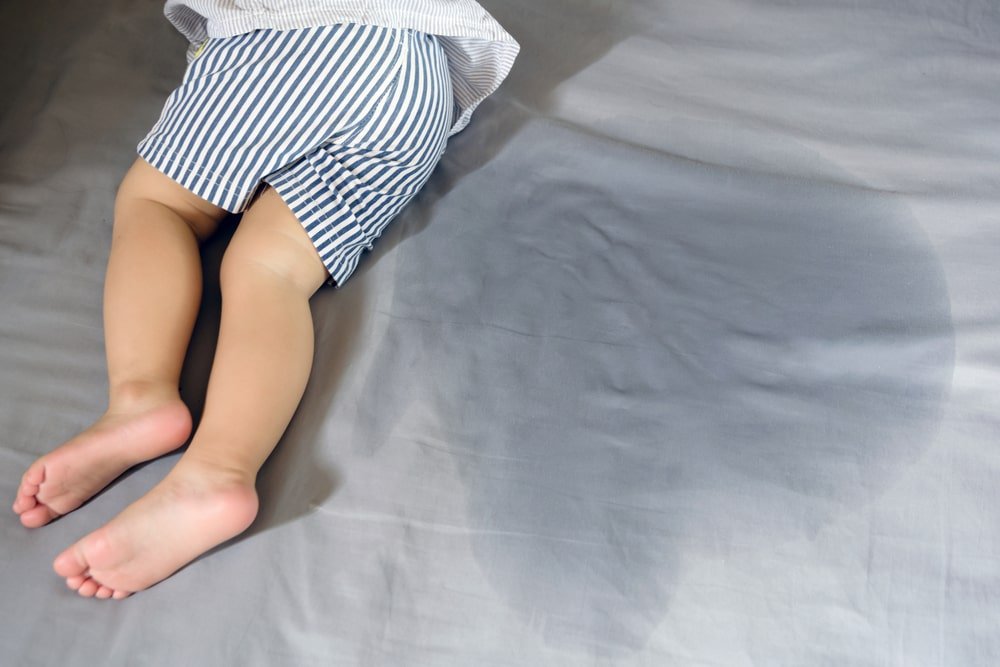
By: Dr. Maha Al- Muhtasib, Consultant Pediatrician
Bedwetting or Nocturnal Enuresis is a common childhood problem that resolves on its own without treatment in most children.
However, parents and children worry about bedwetting since it is embarrassing and inconvenient. Some parents may worry about underlying medical problems.
Most children are toilet trained between 2-4 years. Many at this age can stay dry during the day but not during the night until they are older.
Day time bladder control occurs by four years when the child becomes aware of their bladder filling and starts to consciously control and coordinate their bladder
Nighttime bladder control takes longer and is not expected until a child is between five and seven years old.
By five years of age, 15% of children have difficulty staying dry at night, and by 15 years, only 1-2% continue to bed wet. Boys are twice as likely as girls to bed wet.
Bedwetting causes
Most children with bedwetting do not have an underlying medical problem, but it may be related to one or more of the following:
- The child’s bladder is maturing more slowly than usual.
- The child’s bladder holds a smaller amount of urine than normal.
- Constipation, a common problem in children, can also cause bedwetting.
- Parents who had enuresis are more likely to have children with enuresis.
- Diminished levels of vasopressin (a hormone that reduces urine production).
- Deep sleep prevents a child from sensing bladder fullness (this theory is controversial).
- Physical or emotional problems rarely cause bedwetting.
- Medical problems that may contribute to bedwetting include diabetes, urinary tract infection, fecal soiling (encopresis), pinworms, kidney failure, seizures, and sleep problems (such as sleep apnea). Most of these conditions can be diagnosed easily.
When to consult your pediatrician?
You will need to consult a pediatrician if:
- Your child has been toilet trained for six months or longer and suddenly begins wetting the bed.
- Bedwetting interferes with their ability to socialize with family and friends.
- Your child urinates more than usual, feels thirsty, has a burning sensation with urination, or has ankle swelling.
- Any daytime bladder problem also needs referral.
Bedwetting Diagnosis
For most children, enuresis is a problem when it interferes with their ability to socialize with friends. However, it is understandable for parents to want reassurance that their child's bedwetting is not caused by an underlying medical problem. Important points for you to mention when discussing bedwetting with a health provider include:
- Family history of bedwetting.
- Period of dryness.
- Daytime bladder problems.
- Frequency of bedwetting episodes.
- Does your child snore?
- Unstable family issues.
- The impact of the problem on the child and family.
- The amount of fluid the child drinks and the number of times they urinate
The required testing for bedwetting is urine analysis, a screening test to identify an underlying medical problem that needs referral if present.
Managing bedwetting
- Be honest, let your child know it’s not his fault, and be sensitive to your child’s feelings.
- Protect the bed and let your child help change the wet sheets if not embarrassed to teach responsibility with no teasing rule in your family.
- Have your child use the toilet and avoid drinking large amounts of fluid just before bedtime schedule, spread fluid through the day (40% in the morning, 40% in the afternoon, and 20% in the evening), and wake him up to use the toilet 1-2 hours after going to sleep.
- Help the child locate the toilet easily using night lights.
- Reward him for dry nights but don’t punish him for wet ones.
- Use bedwetting alarms.
Treatment
Parents must understand that bedwetting is completely involuntary, and the child should not be punished or spanked for wetting episodes.
Education and motivational therapy is the initial treatment best suited to young children who must be ready and able to participate in the process and highly motivated or else should not be forced to do so.
Motivational therapy involves keeping a record of progress with bigger rewards for larger periods of dryness.
Use a night-time bedwetting alarm, a special sensor that sets off an alarm when the child wets the bed. They work best in children aged six and older (preferably after three to six months of behavioral training techniques).
Medical therapy by desmopressin is a medication that decreases urine production taken at bedtime. Side effects are uncommon but occurs if the child drinks too much fluid one hour before and eight hours after taking desmopressin.
While relapses are expected after the medication, gradually decreasing the daily dose may reduce the relapse rate.
Treatment is prolonged and may involve cycles of success and failure with consistent follow-up with the clinician.


